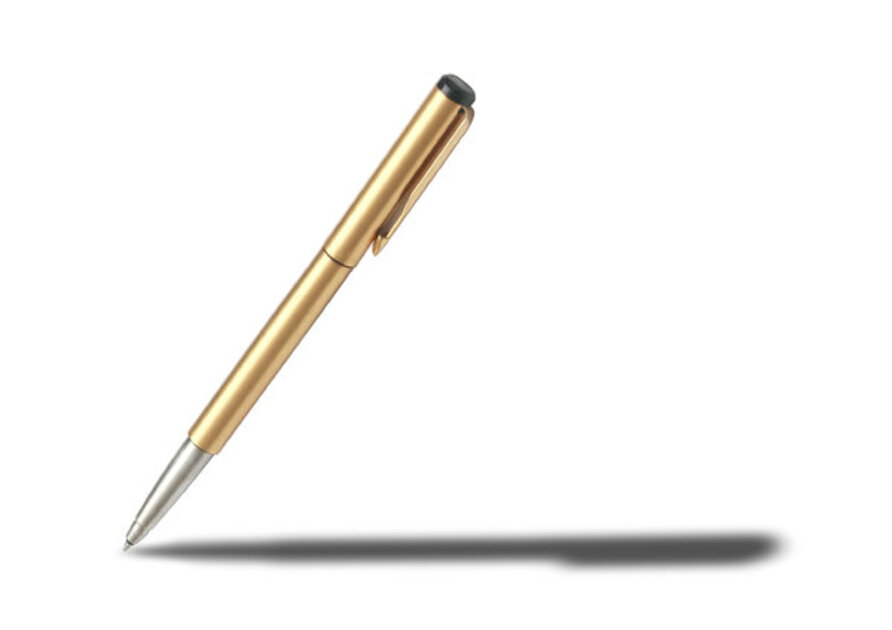
Our Gemara on Amud Beis mentions an unusual idiom for bringing up a question: ææÂææ ææææ he brought up with his hands. The Ran says that sometimes the words mouth and hand are interchangeable in Hebrew, and brings a proof from a verse in Yeshaiyahu (6:6) and the Targum.
æøñæø¥ø¡øÈæÂææÈ æøçæøñøæ æøÑæø¡æø æøÇæøƒæøñæˋæø¥ø¯æ´ø¡æÊøÇøææ æø¥æø¯æø¡æøæø¿ æ´øÇæÎø¯æÊø¥ø¡øæ æø¥ø¯æøÑø´æø¯æÏøñæøñøæøÇæ æø¡æÏøñøæ æøçæÂøñøËæ æøñæø¥øÇæø¯æø¥øçø§æøñæ
Then one of the seraphs flew over to me with a live coal in his hand, which he had taken from the altar with a pair of tongs.
But Yonason Ben Uziel translates it as:
æø¯æøÇæˋæø¯æˆø¥ø¯æøÇæ æø¯æø¡æˆøÇæ æøñæ æøÇæ æˋæøñæø¡æˋæøñæø¡æ æø¥æø¯æÊæø¥æøçææø¥ æøñæø¯æøçæ æø¯æÏøñæø¥øçææ æøÇæ æÏø°æø¡æ æøÇæˋæø¯æøÇæ ø¯æˆø¥øçææø¥ æÂøñæ æø¥æø¥æ´ø¯æÀøçæ æø¯æÏø¡æ´ø¡æ æø¥øÇæˋæø¯æøçæ æø¯æ´æø¿æø¡æ æÂøçææ æøÇæ æøñæø¯æø¥ø¯æø¡æ:
Then flew one of the ministers unto me, and in his mouth was a word, which he received from the Shekinah of Him who sat upon the throne of glory in the highest heavens, above the altar.
So the hand is a metaphor for the word of God, that was metaphorically so combustible, that it had to be held in a tong.
The belief that words are powerful and physical permeates Jewish thought, starting from Creation, where everything is created by God’s words, not actions (see Shabbos 119b). In halakha as well, though liability for punishment requires physical action, in certain cases speaking alone is considered the action (see Sanhedrin 65a.) Psychologically, we can fully recognize the power words have to shape perception and thereby reality itself as we know it.
What was this hot coal, so incendiary, that even an Angel called a seraph, which literally means he is made of fire, could not handle? According to Midrash Tanchuma (Vayishlach 2), it was the l’shon hara that Yeshaiyahu said about the Jewish people. This is a powerful lesson. The words of l’shon hara were so noxious and radioactive that even a fiery Angel could not hold it directly, but needed tongs to hold it.

 Previous
Previous
